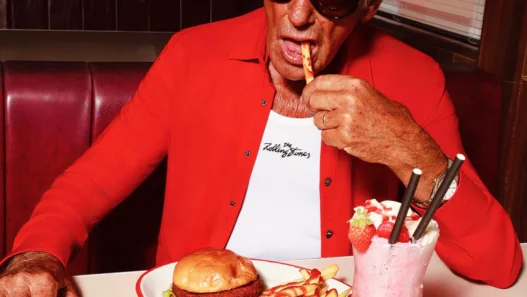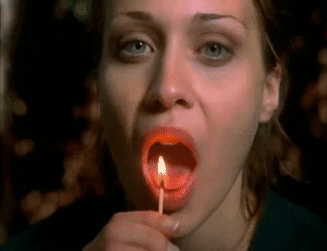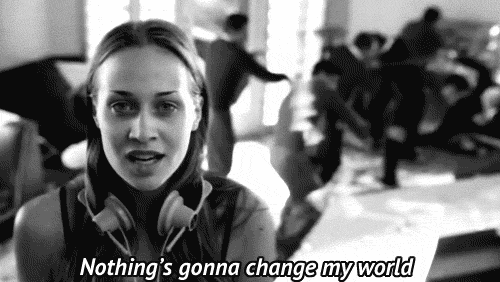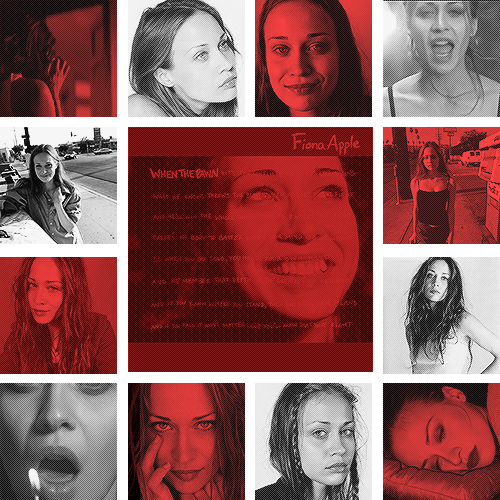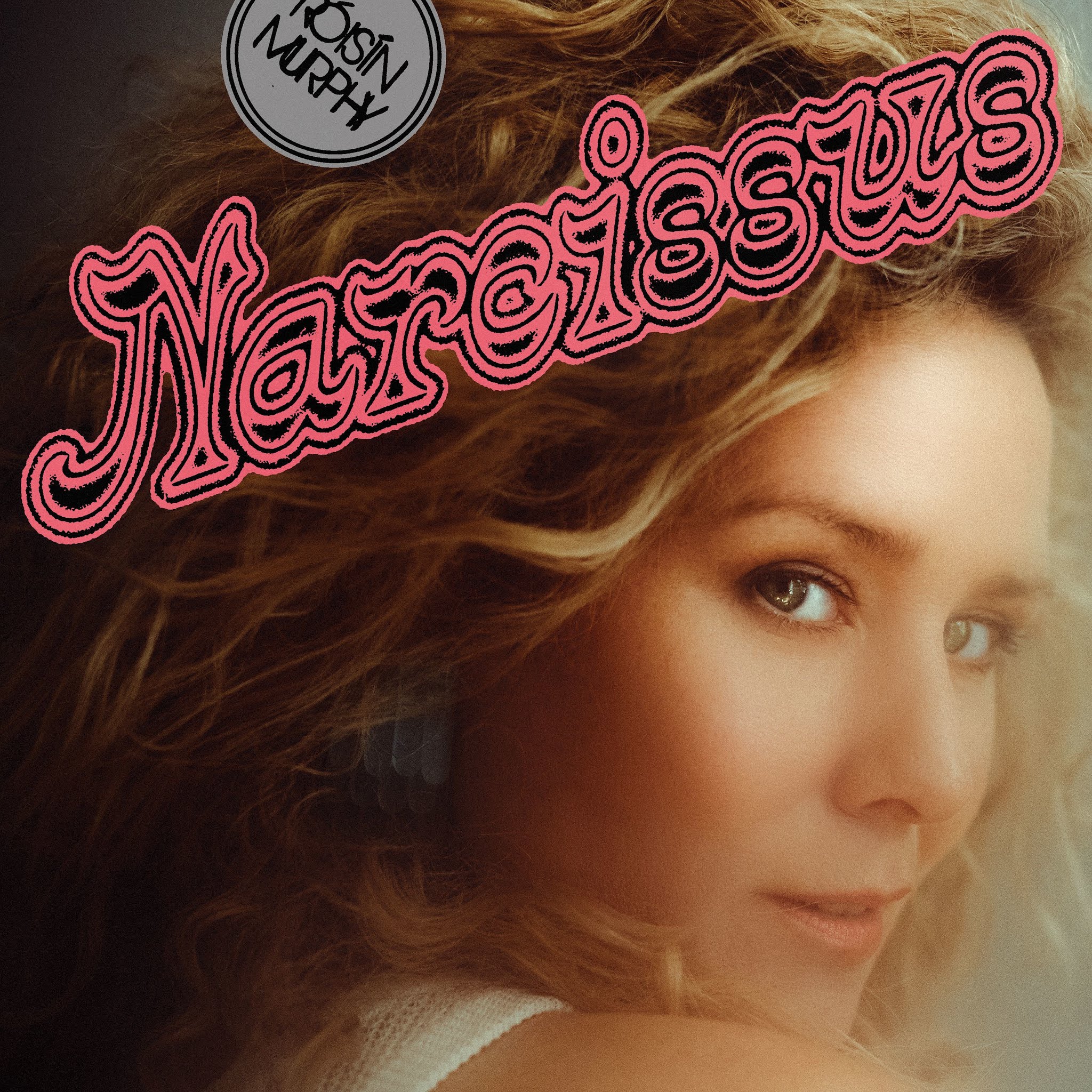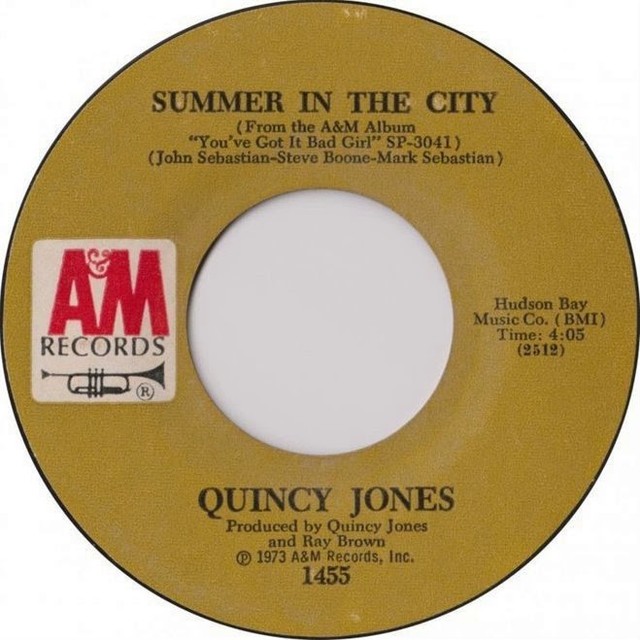ItsNotYouItsMe Women Crush Wednesday Looks At Fiona Apple’s Genius And Ahead Of Its Time ‘When the Pawn…’ 20 Years Later!
“If you’re looking for a statement of intent on Fiona Apple’s second album When the Pawn…, which turns 20 on Saturday, it’s right there in the opening of the second track. Over the steadfast piano plunks and rolling drums of “To Your Love,” the then-22-year-old takes aim at her detractors by invoking their own taunts towards her work: “Here’s another speech you wish I’d swallow/Another cue for you to fold your ears/Another train of thought too hard to follow/Chuggin’ along to a song that belongs to the shifting of gears.” It was this mix of sophisticated pop writing and unabashedly juvenile needling – devoting an entire verse to quoting your haters – that made Apple both an annoyance to critics early in her career and a folk hero to her legions of young fans.
In 1999, Apple was three years – and three million album sales – removed from her debut, Tidal, an album she recorded at age 17. That LP arrived with powerful, is-that-really-just-a-teenager? vocals and forceful lyrics; Apple once said that her songwriting stemmed from penning argumentative letters to her parents. It’s no wonder that precocious teen girls, longing for the final say in a world eager to dismiss them, gravitated towards adolescent torch songs like “Sleep to Dream” or “Shadowboxer.”
Grown-up critics admired the jazzy, traditionalist sound and plush moodiness of Apple’s output, but when her directness extended outside of her music, public perception of the young artist began to sour. Even as Apple was expected to deliver autobiographical, minute-by-minute detailing of her pain within her lyrics, they also expected her to be a mere vessel for that pain, delivered as the cool, meek girl behind the piano. The matter-of-factness with which she addressed sexual violence in songs like “Sullen Girl,” coupled with her forthright approach in interviews, triggered a kneejerk reaction from largely established, largely male writers, who enjoyed pointing out the contradiction between her blunt, blistering attitude and her shrinking stage presence almost as much as they enjoyed referring to her as “waifish.”
It all came to a head during her infamous “this world is bullshit” speech at the 1997 MTV Video Music Awards, derided at the time as a tantrum from a spoiled brat who knew nothing of the celebrity culture and exploitation that she was criticizing. Around the same time, Mark Romanek’s provocative music video for “Criminal” branded her as a doe-eyed sex symbol to be gawked at — a “Lolita-ish suburban party girl,” as the Times put it — despite her having little say in the project. (She hadn’t known, for example, that her whole wardrobe would be nothing but lingerie. “It ended up working [for the song], because it was a sexual video and I got everything that I wanted,” she would say of it in 2005. “But then I didn’t feel good. I actually did feel like a criminal after that.”)
Following a Spin cover story that featured photographs by (who else?) Terry Richardson, Apple flipped open a copy of the magazine on tour to find a whole page of negative letters directed towards her. This, she has said, was the final straw, and she responded in typical fashion, writing a breathless poem that would become her next album’s title:
When the Pawn Hits the Conflicts He Thinks Like a King / What He Knows Throws the Blows When He Goes to the Fight / and He’ll Win the Whole Thing ’Fore He Enters the Ring / There’s No Body to Batter When Your Mind Is Your Might / So When You Go Solo, You Hold Your Own Hand / and Remember That Depth Is the Greatest of Heights / and If You Know Where You Stand / Then You Know Where to Land / and If You Fall It Won’t Matter Cuz You’ll Know That You’re Right
In the days before Instagram monologist Caroline Calloway, this seemed like the most self-absorbed block of text you could unleash on your audience. Nowadays, post-Tumblr and post-Livejournal, Apple’s poem reads as comparatively lucid, once you get past its posturing, I’ll-show-you exterior. Apple herself pegged it as more of a letter to herself than towards her detractors, a self-help “reminder” of how to push past criticism even as it got uglier and more ridiculous. (And it did: Spin later ran a story in which poetry professors and linguists delivered navel-gazing analyses of the title’s meaning.)
Across its 10 songs, When the Pawn is more outward-facing and self-aware than its predecessor, daring to go on the offensive while reserving Apple’s harshest critiques for her own tendency to self-sabotage. Even so, she relishes in her ability to grapple her way towards adulthood in public. “I don’t know what I’m doing, don’t know, should I change my mind?/I can’t decide, there’s too many variations to consider,” she intones on opener “On the Bound,” in a sing-song voice that only grows more nonsensical as she shows off her syllabic prowess: “No thing I do don’t do no thing but bring me more to do/It’s true, I do imbue my blue unto myself, I make it bitter.” Later, on “A Mistake,” Apple takes on shades of her “Criminal” persona, threatening to make bad choices “on purpose” and “have fun while fumbling around.” But when she admits to “always doing what I think I should,” she reveals that this is a manifesto of a perfectionist with her hands tied, wanting desperately to get loose for once.
Apple’s vocals on these songs abandon the oceanic smoothness of Tidal, and while they’re nowhere near as jagged as on later works like The Idler Wheel, it’s thrilling to hear her enter that rock & roll register while still working in the structural mold of Tin Pan Alley and Paul McCartney. A song like “Limp” demonstrates a full-throated anger that Apple previously didn’t seem capable of.
On top of that, the word “crazy” appears in no less than three tracks on When the Pawn, a self-explanatory reclamation of a slur against Apple and her female contemporaries. Two of those songs went so far as to be singles. At first glance, “Fast As You Can” is an upbeat warning to future partners, with its scurrying tempo changes and high-wire bravado. Yet with it comes the sneering, uncanny line “You think you know how crazy/How crazy I am,” sung like she’s trying to prove it to you.
On “Paper Bag,” the boastfulness in the way Apple delivers “I went crazy today” remains one of the more sardonically funny moments in a song full of them. (An all-timer: “He said, ‘It’s all in your head’/I said, ‘So’s everything,’ but he didn’t get it.”) The elaborate musical production of its video, directed by Apple’s then-boyfriend Paul Thomas Anderson, would make Stanley Dolan proud, but it only heightens the disconnect between the song’s optimistic melody and the way its lyrics drain out desire like tub water by the end. Apple told the Washington Post that when choosing how to sequence When the Pawn, she measured the amount of hope found in each track; for the listener, those varying degrees of buoyancy are more ambiguous. With her frank and often jarring references to her own mental state, Apple leaves you guessing as to whether she finds validation in “the beast” that “blooms” inside her.
When the Pawn both highlights and navigates its own melodrama with the help of Apple’s producing partner, Jon Brion, who’d already collaborated with singer-songwriters like Rufus Wainwright and Aimee Mann. Working over piano and vocal tracks recorded by Apple – using lyrics and rhythms she’d written entirely on her own – Brion added baroque flourishes to the album that imbue it with just enough manic energy while never losing sight of the woman at its center. With a small group of session musicians, Brion could embellish the “To Your Love” chorus with an electric piano that sounds downright menacing, or a see-sawing guitar on “The Way Things Are” that conflicts with Apple’s insistence on moving forward. Through it all, there’s always that propulsive, insistent piano, reminding you always that Apple’s instrument of choice belongs in the percussion family.
“I think I have figured out what I’m good at,” she allegedly told Brion when they began working together. “I write pretty well, I’m a good singer, and I can play my songs well enough on piano. You’re good at everything else. So I think that’s how we should proceed, and if we are ever off-base, I’ll let you know.”
Through their collaboration, Apple tempered the LP’s mannerisms with a deft hand. Where simple wordplay won’t do it, she opts for viscera. “Put away that meat you’re selling” sticks out, but that comes after multiple references to crawling under one’s skin, a tick filled with blood, a predator licking the wounds of their prey. Of the album’s two true-blue ballads, “Love Ridden” may be the most obviously devastating, but it’s Apple’s startling self-categorization on “I Know” that feels more genuine. As the mistress in an affair, she refers to herself as a “crowbar,” ready to pry open her lover’s mind once he’s finally ready to speak the truth. She holds that status to be temporary, but the song (and album) ends unresolved, on an unfinished rhyme.
Upon its release on November 9th, 1999, When the Pawn earned grudging praise from the writers who once derided its creator. Spin’s Eric Weisbard called the album “a ballbreaker” as a compliment, and the Pitchfork write-up from 1999 is a masterclass in dragging one’s feet. All the same, it no longer seemed as though Apple’s public reputation would eclipse her artistry. Troubled production and delayed releases for 2005’s Extraordinary Machine and 2012’s The Idler Wheel didn’t stop either album from earning universal acclaim. At the same time, sea changes in how the public interpreted women’s art and depictions of mental illness allowed for more generous readings of Apple’s earlier work.
But maybe the most overlooked shift of all was that, when viewed through the rear window, Apple’s teen antics were irrelevant. “This world is bullshit” matured into integrity, and for the past two decades she has continued to produce consistently admired music at her own pace – a rarity for artists of her particular MTV generation. And while pain has, in her words, been evident in her existence – a blueprint for every mannered, “sad girl” artist that’s dominated the 2010s – bravery and resilience have remained steadfast alongside it. If Apple hadn’t chosen to share her self-imposed pep talks with the world, consider what would’ve been lost.” – Rollingstone.com





